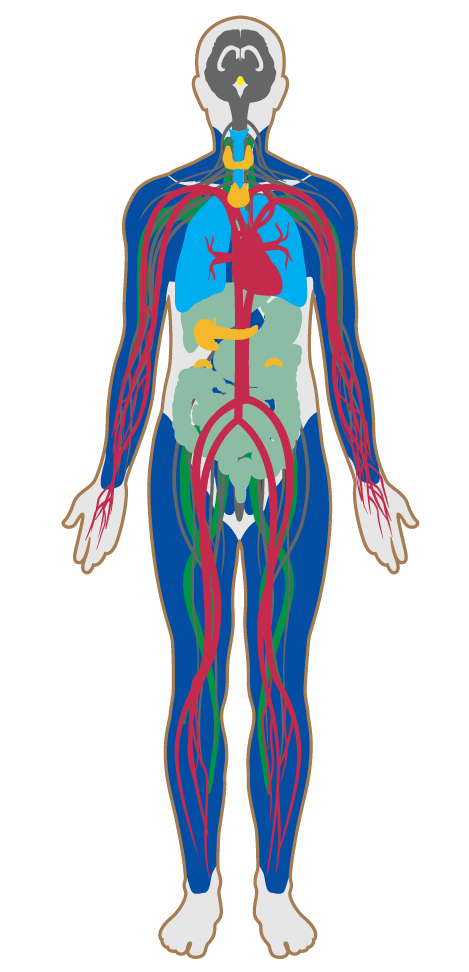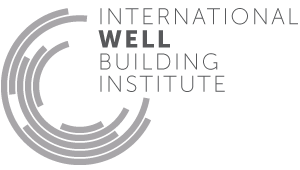Enhanced material safety
- 01 Air quality standards
- 02 Smoking ban
- 03 Ventilation effectiveness
- 04 VOC reduction
- 05 Air filtration
- 06 Microbe and mold control
- 07 Construction pollution management
- 08 Healthy entrance
- 09 Cleaning protocol
- 10 Pesticide management
- 11 Fundamental material safety
- 12 Moisture management
- 13 Air flush
- 14 Air infiltration management
- 15 Increased ventilation
- 16 Humidity control
- 17 Direct source ventilation
- 18 Air quality monitoring and feedback
- 19 Operable windows
- 20 Outdoor air systems
- 21 Displacement ventilation
- 22 Pest control
- 23 Advanced air purification
- 24 Combustion minimization
- 25 Toxic material reduction
- 26 Enhanced material safety
- 27 Antimicrobial activity for surfaces
- 28 Cleanable environment
- 29 Cleaning equipment
- P9 Advanced cleaning
26. Enhanced material safety
Some of the chemicals used in building materials have not been fully evaluated for safety and may carry potential health risks. Off-gassing from such materials can contribute to SBS (sick building syndrome) and associated respiratory, neurotoxic and dermatologic symptoms. A precautionary approach—taking reasonable steps to minimize risks and avoid hazards—suggests substituting potentially dangerous materials with safe ones when possible. Various voluntary programs in the market allow suppliers that have carefully screened the composition of their products and avoided potentially harmful substances to be recognized for their achievements.
This feature promotes the use of products that have been independently verified to be free of many suspected hazards.
At least one of the following requirements is met:

Applicability Matrix
| Core & Shell | New & Existing Buildings | New & Existing Interiors | |
|---|---|---|---|
| Part 1: Precautionary Material Selection | - | O | O |
| Commercial Kitchen | Education | Multifamily Residential | Restaurant | Retail | |
|---|---|---|---|---|---|
| Part 1: Precautionary Material Selection | O | O | O | O | O |
Verification Methods Matrix
| Letters of Assurance | Annotated Documents | On-Site Checks | |
|---|---|---|---|
| Part 1: Precautionary Material Selection | Architect |
| 26.1.b |
USGBC's LEED v4 MR Credit: Building Product Disclosure and Optimization - Material Ingredients allows Cradle to Cradle v2 Gold or Platinum or v3 Silver, Gold or Platinum as one way to achieve Option 2. |
| 26.1.c |
USGBC's LEED v4 MR Credit: Building Product Disclosure and Optimization - Material Ingredients allows GreenScreen v1.2 Benchmark as one way to achieve Option 2. |
| 26.1.d |
USGBC's LEED v4 MR Credit: Building Product Disclosure and Optimization - Material Ingredients, Option 3 allows projects to combine allowed programs in meeting the 25% threshold. |
| 26.1.a |
The International Living Future Institute's Living Building Challenge 3.0 Imperatives 10 and 12 require independently verified declarations of products. |
